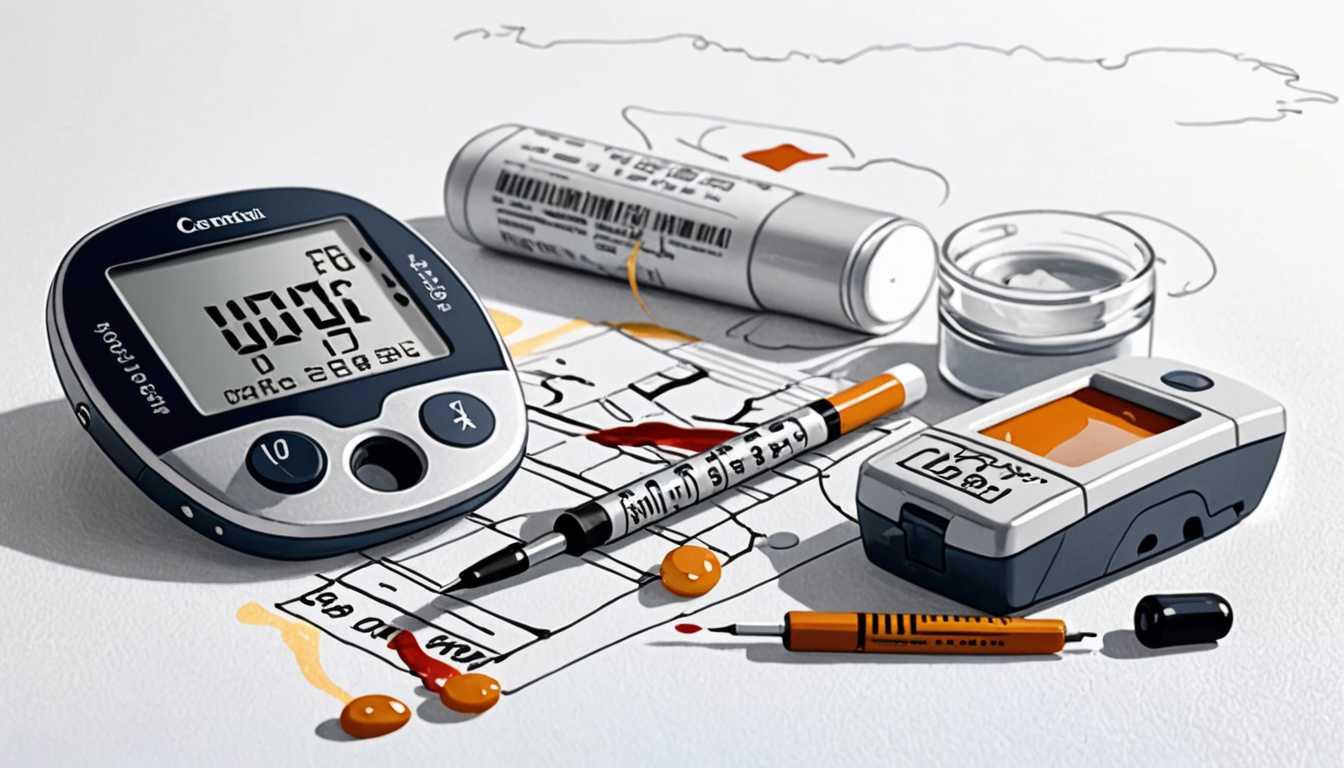Stress-Busting Wearable Tech Unveiled
June 2023
University of Bristol
Introduction
Imagine a world where a wearable device could whisper the secrets of your stress hormones, telling tales of your health as you live your daily life. Thanks to researchers from the University of Bristol and their friends, this isn't sci-fi anymore! Their groundbreaking gadget tracks your adrenal steroid levels, offering early warnings of potential health issues, from the comfort of your waistband. Dive into their study, and explore how this device could change the game in diagnosing and treating stress-related conditions. It's stress management meets high-tech wizardry, and you're invited to the unveiling!
READ FULL ARTICLEWhy It Matters
Discover how this topic shapes your world and future
Unraveling the Mystery of Stress Hormones
Imagine wearing a gadget that whispers the secrets of your body’s stress levels, telling you when you're calm or when you're under the pressure of a looming exam or a big game. That's exactly what researchers are bringing to life with a new wearable device capable of detecting stress hormone levels across a full day. This breakthrough could change the way diseases linked to stress hormones, like depression and heart disease, are spotted and treated. It's like having a health detective right on your waist, monitoring the ups and downs of your stress levels as you juggle homework, sports, and friendships. This innovation not only makes understanding our body’s stress responses easier but also opens doors to personalized medicine, ensuring treatments are tailored just for you. Imagine, no more guessing games for doctors, and a future where your health is monitored seamlessly as you go about your day. This is why diving into the science of stress hormones matters - it's about unlocking a healthier, more informed future for everyone, including you.
Speak like a Scholar
Endocrine system
This is your body’s network of glands that produce hormones, which are chemical messengers that tell different parts of your body what to do.
Circadian rhythms
These are physical, mental, and behavioral changes that follow a 24-hour cycle, responding primarily to light and darkness in an organism's environment. Basically, it’s your body’s natural clock.
Ultradian rhythms
These are cycles shorter than 24 hours, such as the cycle of stress hormones that fluctuate throughout the day.
Adrenal steroids
These are hormones produced by your adrenal glands, including cortisol, which is often called the "stress hormone."
Dynamic markers
These are new ways to measure and understand how healthy hormone levels should look, taking into account changes over time and personal characteristics.
Precision medicine
This is a medical approach that customizes healthcare, with medical decisions, treatments, practices, or products being tailored to the individual patient.
Independent Research Ideas
The impact of sleep on stress hormone regulation
Investigate how different sleep patterns affect the circadian rhythms of stress hormones and what this means for overall health.
Stress hormone levels in athletes vs. non-athletes
Explore how regular physical activity influences the levels and rhythms of stress hormones throughout the day.
The role of diet in hormonal health
Examine how different types of diets (e.g., high in sugar vs. high in protein) impact the secretion and regulation of adrenal steroids.
Technology and stress
Assess how the use of technology (e.g., smartphones, social media) affects stress hormone levels and rhythms in teenagers.
Cultural influences on stress perception and hormonal response
Delve into how cultural differences influence the perception of stress and the physiological stress hormone response, potentially leading to new insights into managing stress in diverse populations.
Related Articles

Post-COVID Brain: A Lingering Guest?
February 2024
Imperial College London

Driving Health: AI & Diabetes Care
June 2023
University of Bristol

Unraveling the Brain's Tiny Wonders
May 2024
Harvard Gazette

Rethinking Insulin: Beyond Carbs in Diabetes Care
December 2024
U of Bristol Research news

Parkinson's Subtypes Unveiled: Machine Learning Breakthrough
July 2024
Cornell News Highlights